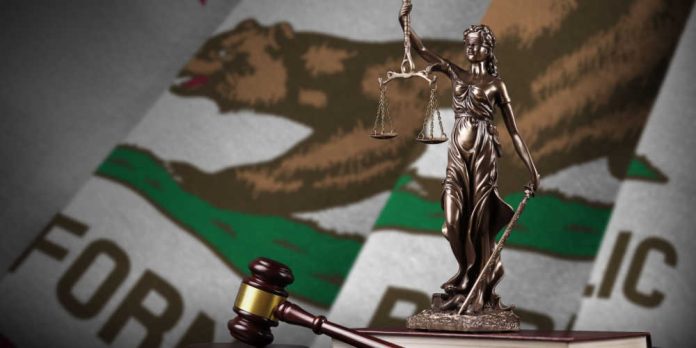So far, the battle over the legality of daily fantasy sports is being fought in states that have already regulated the endeavor. However, that could change depending on what happens in California in the coming months.
As first reported by VIXIO, the California Attorney General’s office has commissioned an opinion on fantasy sports. According to the Office of the Attorney General, AG Rob Bonta’s office will write an opinion on the following question last month:
“Does California law prohibit the offering and operation of daily fantasy sports betting platforms with players physically located within the State of California, regardless of whether the operators and associated technology are located within or outside of the state?”
Deputy AG Karim Kentfield will write the opinion.
State Sen. Scott Wilk posed the question. The Republican representing the Santa Clarita area does not have too strong of a history related to gambling in the state. He was one of many politicians who openly opposed Proposition 27, noting that it eliminated, “the sovereign right of California tribes to operate gaming in California.”
Wilk is also behind a bill pushing to investigate the allegedly monopolistic practices of TicketMaster.
The scope of the question is going to look at the entirety of the industry and not the question at the heart of other fantasy debates: whether or not fantasy vs. the house specifically fails to meet the definitions of fantasy sports as opposed to gambling.
Depending on the scope of the opinion, that means all DFS operators are at risk, including those most critical of picks-style fantasy, FanDuel and DraftKings. If the opinion comes back that all fantasy operators are working outside state law, that could shut down one of the biggest markets for all operators.
While an AG opinion can certainly impact an industry though, it is not the same as actual law. Nonetheless, it does mean the likelihood of prosecution in the state could be on the rise and could be enough for operators to pull out of the state.














